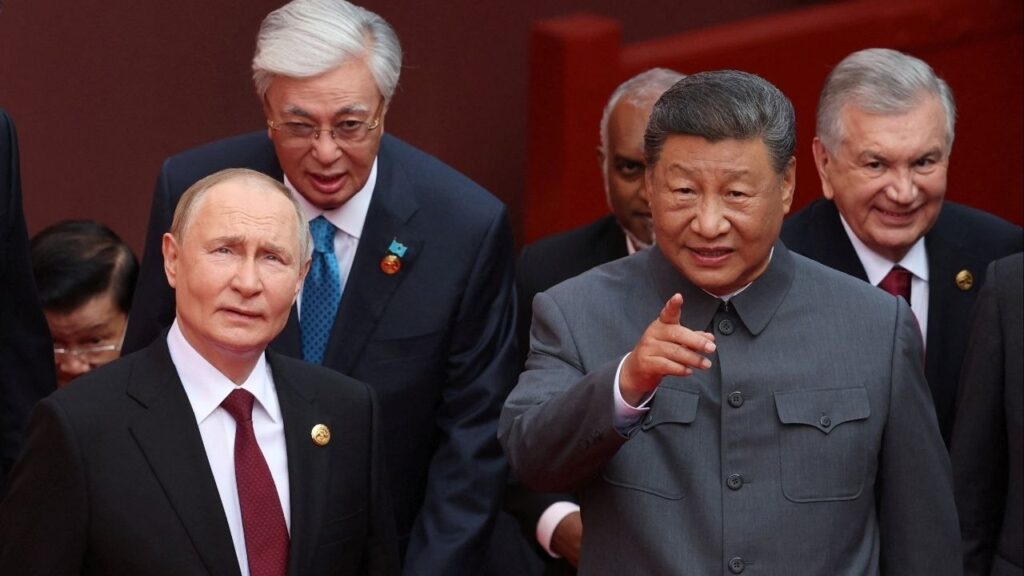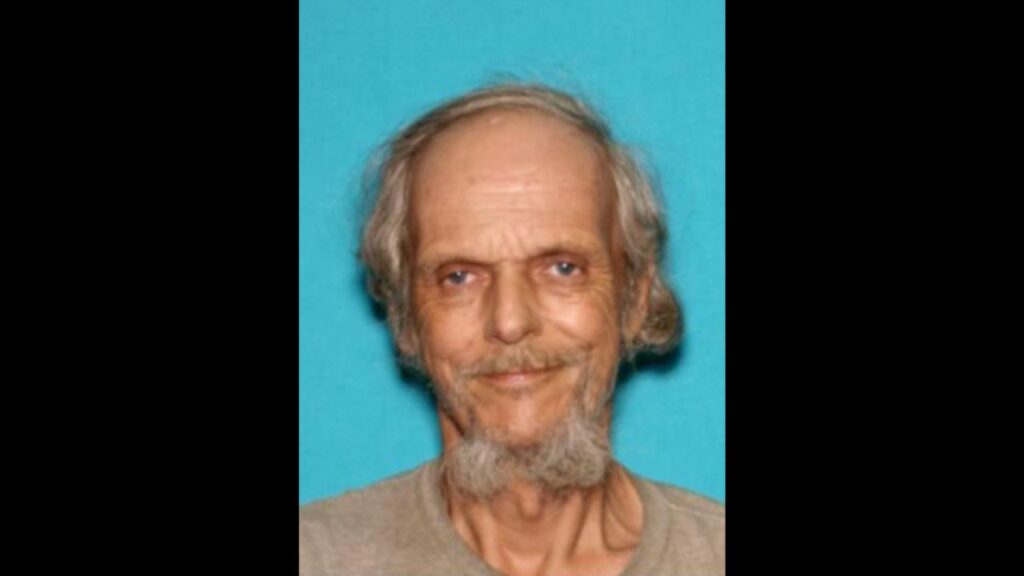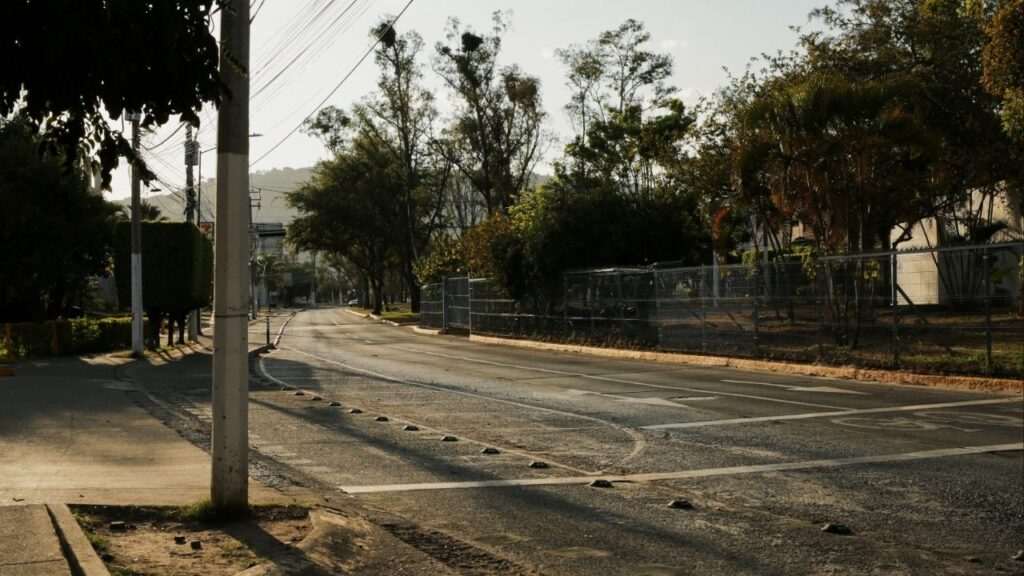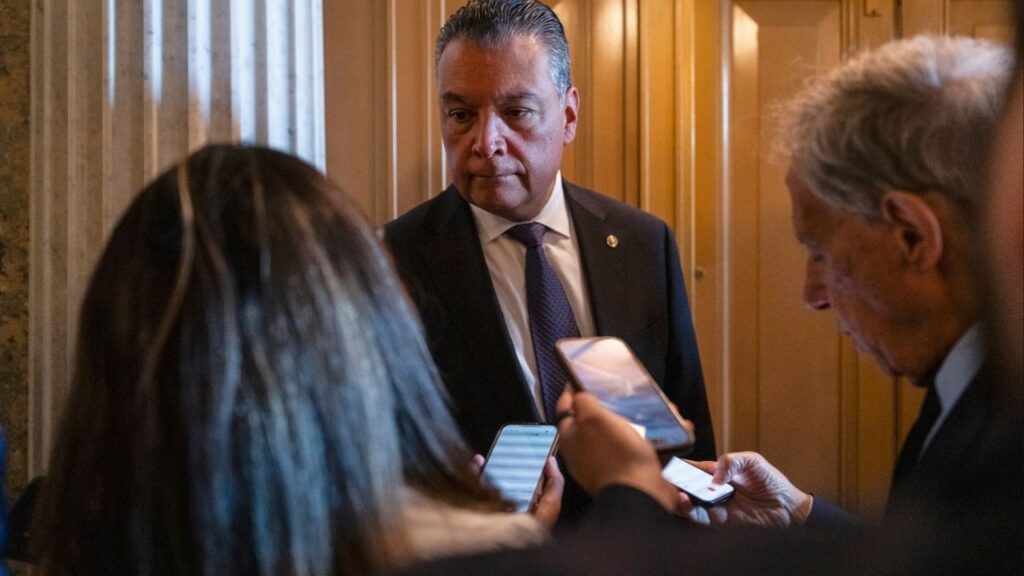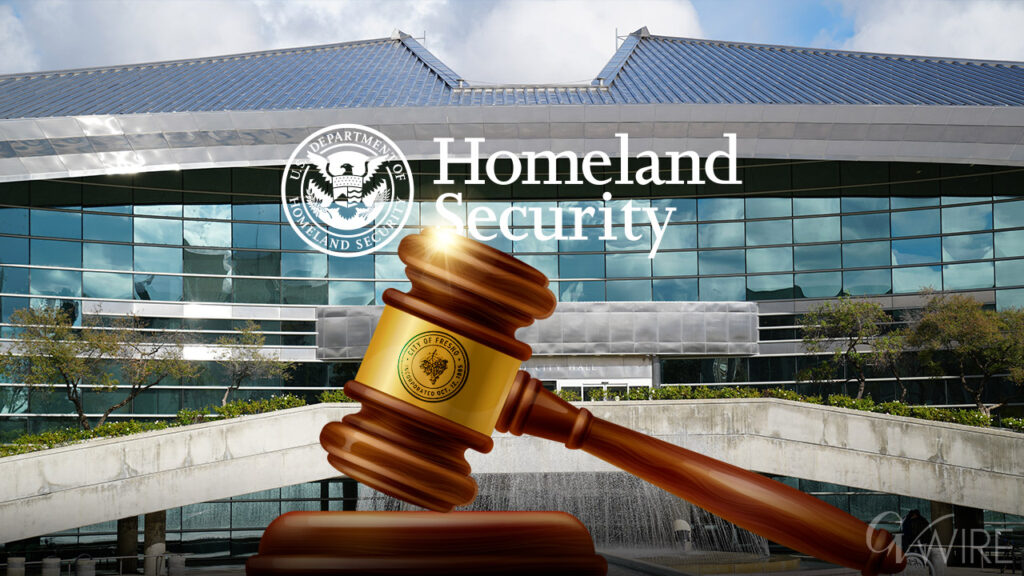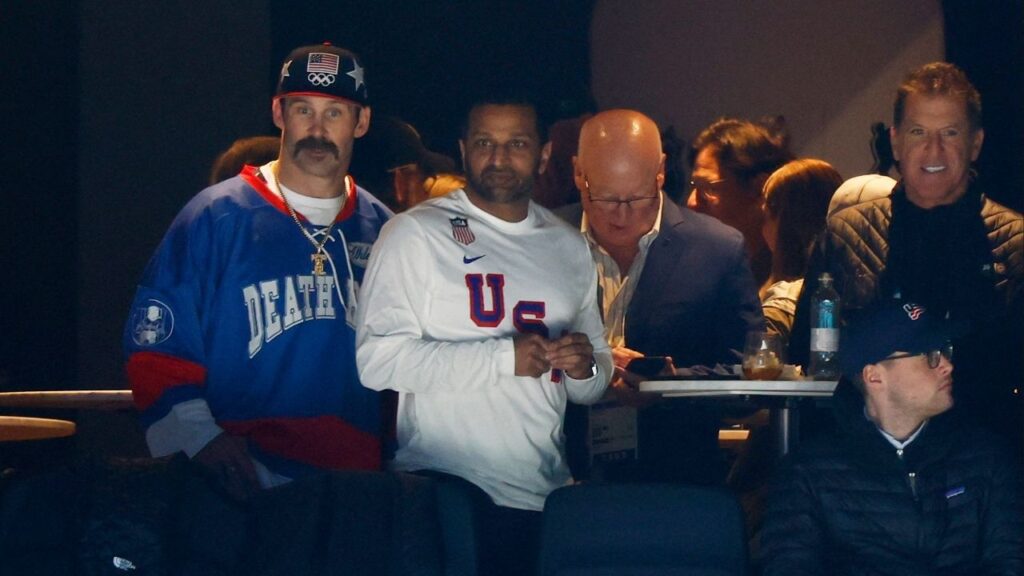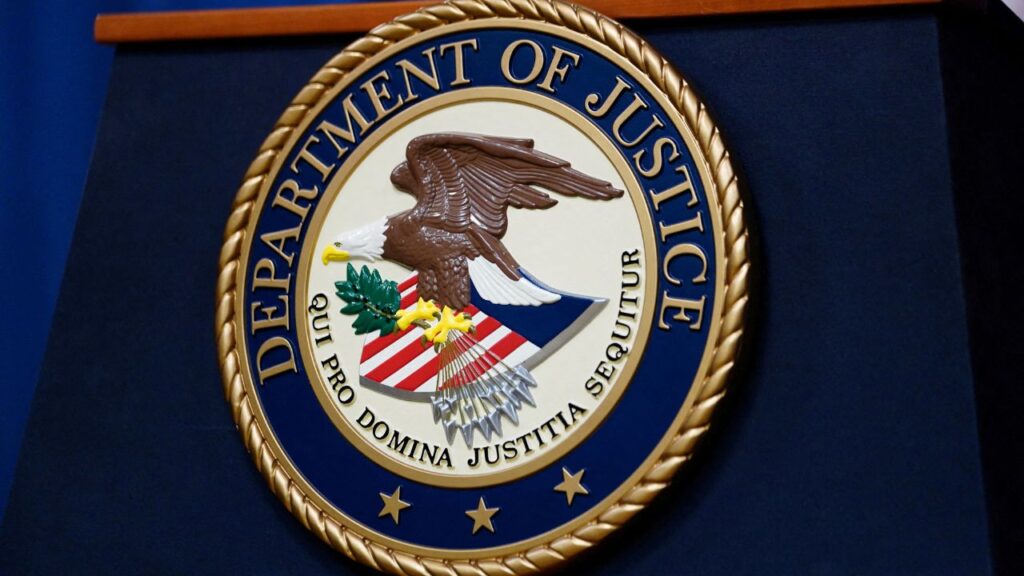Share
Muslims and Christians gathered last week at Fresno Pacific University to talk about Islamophobia, its causes, and what Generation Z — the generation of Americans now of college age, who are said to be the nation’s most ethnically, racially and religiously diverse generation — can do about it.
Listen to this article:
There’s blatant Islamophobia, which is manifested when U.S. government officials established a Muslim travel ban or advocated for registering Muslims and shutting down mosques, said Reza Nekumanesh, executive director of the Islamic Cultural Center of Fresno. And then there’s what he calls “Islamophobia Light.”
“On the other side you had Hillary Clinton, with her light Islamophobia, saying, ‘Muslims are our greatest ally in the fight against terrorism, and therefore they’re part of our community,’ ” he said. “Well, that’s problematic, because you suppose, first of all, that my only dignity or value is tied to how I can help you do what you want to do.
“And secondly, you think that I somehow know a terrorist, but I don’t. So you think my entire value boils down to something that you want it to be, which is very Islamophobic as well. It’s tokenizing, it’s dehumanizing.”
Feds Threaten University Funding
One of the most recent examples of the U.S. government’s Islamophobia was when the U.S. Department of Education, led by Secretary Betsy DeVos, threatened in August to cut off funding for a North Carolina university-based Middle Eastern studies programs because it portrayed Islam in “too positive of a light,” Nekumanesh said.
The Washington Post reported earlier this month that the Education Department would continue funding the program but also would maintain its oversight of similar programs.
Nekumanesh was joined at the panel discussion by Sukaina Hussain, Central California outreach director for the Council on American-Islamic Relations (CAIR) California, and Fresno Pacific professor Darren Duerksen, who specializes in interfaith issues.
It was part of a fellowship project undertaken by Fresno Pacific senior Samantha Witt. An interfaith lunch scheduled for Saturday that links Muslim students from Fresno State and Clovis Community College with Fresno Pacific students was the next step of the project, which is intended to build relationships with Muslim neighbors, Witt said.
Discrimination Hurts
Hussain said she was hired over the telephone as a teenager to work at a preschool summer camp, but then “unhired” when the director learned that she wears a hijab, a headscarf worn by some Muslim women.
“I was devastated,” she said. “I have experience, I know how to work with kids, I know how to work with parents. And then they ended up hiring my little sister, who is about two years younger than me, to do this job.
The Need for Peaceful Conversations
When asked why it’s important for Christians to have peaceful conversations with their Muslim neighbors, Duerksen said he was saddened that the question even has to be asked.
“We don’t do this well, in a society as a whole, and thinking of myself as located in the Christian community, we don’t do this well. And what adds to the sadness for me, is that Christians have long held a theology that says everybody is created in the image of God. And because of that, everybody has dignity, just in and of itself. You’re a person who has been created by God.
“And yet our actions, and our words, and our narratives completely betray that.”
How to overcome Islamophobia? The speakers said it will come as relationships are built and conversations are held, individually and through groups such as Faith in the Valley that address common concerns such as homelessness and gun violence, Duerksen said.
Hussain agreed that it’s important for advocates to work with other advocates on seeking solutions to community issues. And when people work together, they get to know each other, and learn to trust — and not hate — each other, she said.






